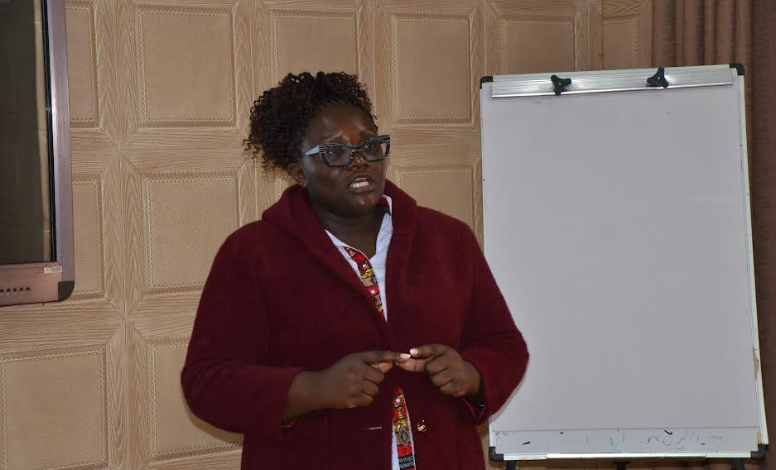74 per cent of Kenya’s population lacks a formal saving scheme, an official from the Retirement Benefit Authority (RBA) has disclosed.
While addressing a public participation forum on proposed policy changes on the Retirement Benefits Act and Regulations, RBA’s Assistant Director of Research Strategy and Planning, Monica Arwings, says they are now imploring more Kenyans to cultivate a saving culture to address the glaring gap.
Arwings says since the enactment and establishment of the regulatory body in 1997 to help regulate and manage worker retirement funds, the government has only managed to rope in a paltry 3.2 million active members into their database.
“Our coverage level is now at 26 per cent, and one of the issues the Retirement Benefit Authority has been trying to work on is how to reach out to people in the formal sector and how we can have them save for retirement since retirement is not something you can run away from. Every day as you wake up, you are closer to your retirement, and so it is important that people have a shift in how they look at retirement and embrace that positively,” she told KNA on the sidelines of the one-day sensitization workshop at the White Rhino Hotel.
According to a Kenya National Bureau of Statistics (KNBS) report that was released in January this year, about 13.9 million Kenyans have no form of retirement savings scheme, many of them being workers in the informal sector.

“The labour market is skewed towards informal employment at 83 per cent. This is a time bomb, indicating that most Kenyans will retire poor,” reads the report.
Now, RBA, whose total asset value stands at Sh 1.7 trillion and oversees a total of 1,076 registered schemes that are responsible for handling employees’ savings, wants to come up with changes to its regulations to facilitate easier remittance of workers savings by roping in the Kenya Revenue Authority (KRA) into its programmes.
Some of the proposed changes include amending Section 53B(7) of its act together with the Tax Procedure Act, which will permit KRA to collect unremitted contributions on behalf of trustees.
To cushion retirees from high taxation on their pensions, the authority wants an amendment to the Income Tax Act, which will see an extension of the capping from 10 years on the tax-exempt for lump-sum benefits to 20 years to allow retiring members to take home an enhanced tax-free benefit.
The current tax-exempt limit for pension benefits stands at Sh 600,000 and is capped at Sh 60,000 per year for a service for a maximum of 10 years. The act has been in force for the last 15 years.
The RBA says there is a need to increase the capping limit from 10 years to 20 years when calculating the tax-free amount while taking into consideration prevailing inflation levels.
This will increase the disposable income of those retiring from employment.
Also included in the proposed changes is an amendment to Section 8(4) of the Income Tax Act to increase the tax-exempt amount from the current Sh 300,000 to Sh 456,000 in a retirement annuity in tandem with existing inflation shocks.
The rationale behind the new change is borne out of the fact that the provision on tax exemption on pensions is quite overdue, having been last reviewed in 2009.
As a result, the failure to amend the act has eroded the disposable income available to pensioners, especially in light of the skyrocketing cost of living.
By amending Section 8(4) of the Income Tax Act, the RBA hopes to cushion retirees from inflation pressure and allow them to have more disposable income.
Arwings told KNA they hope the new changes will be adopted by the public and, in the process, motivate many more Kenyans to embrace the saving culture in a regulated scheme.
“We hope to reach out to members of the public who are our stakeholders as we come up with the proposals that are going to help in the retirement benefit industry. Some of these proposals are basically going to make it easier to have our act and regulator work. For instance, the Kenya Revenue Authority issues unmerited contributions. We just want to make it a bit clear in the regulation on how to go about it, and some of the changes touch on that,” she added.
Other counties where the RBA team has already collected public views include Machakos, Uasin Gishu, Mombasa, and Nairobi, and they hope to wrap up their sessions after going to all 47 counties.
The authority was first established in 1997 through an act of Parliament but only came into operation in 2000.
Prior to its formation, Kenya had no authorised body to regulate the management of workers’ pension benefits, leaving workers with no legal recourse to follow in case their employers withheld their retirement benefits after leaving service.
By Samuel Maina and Wangari Mwangi




